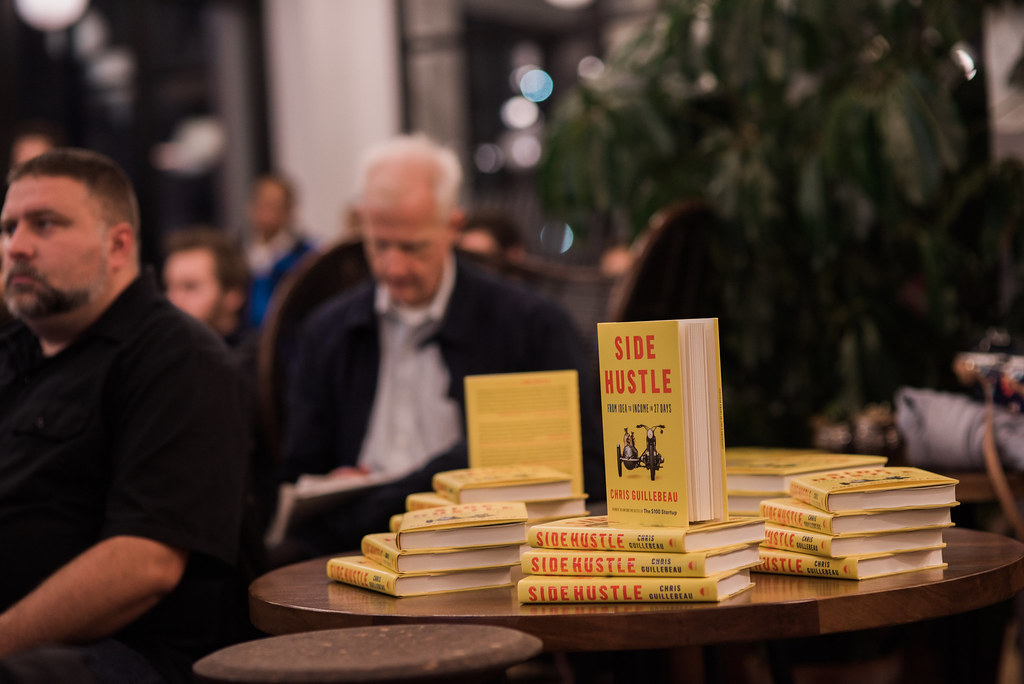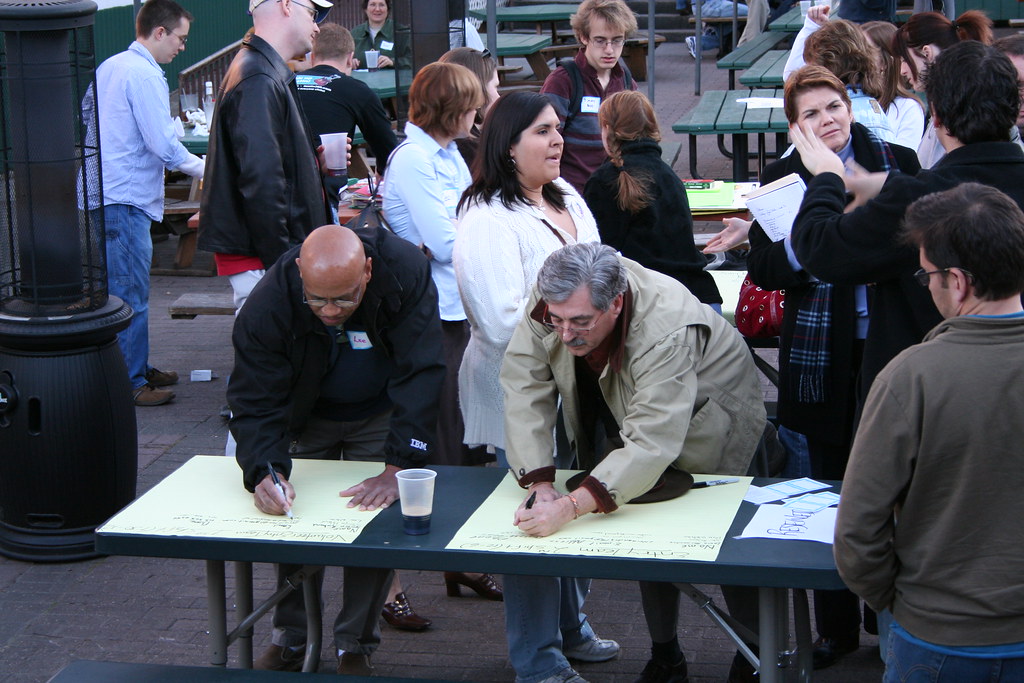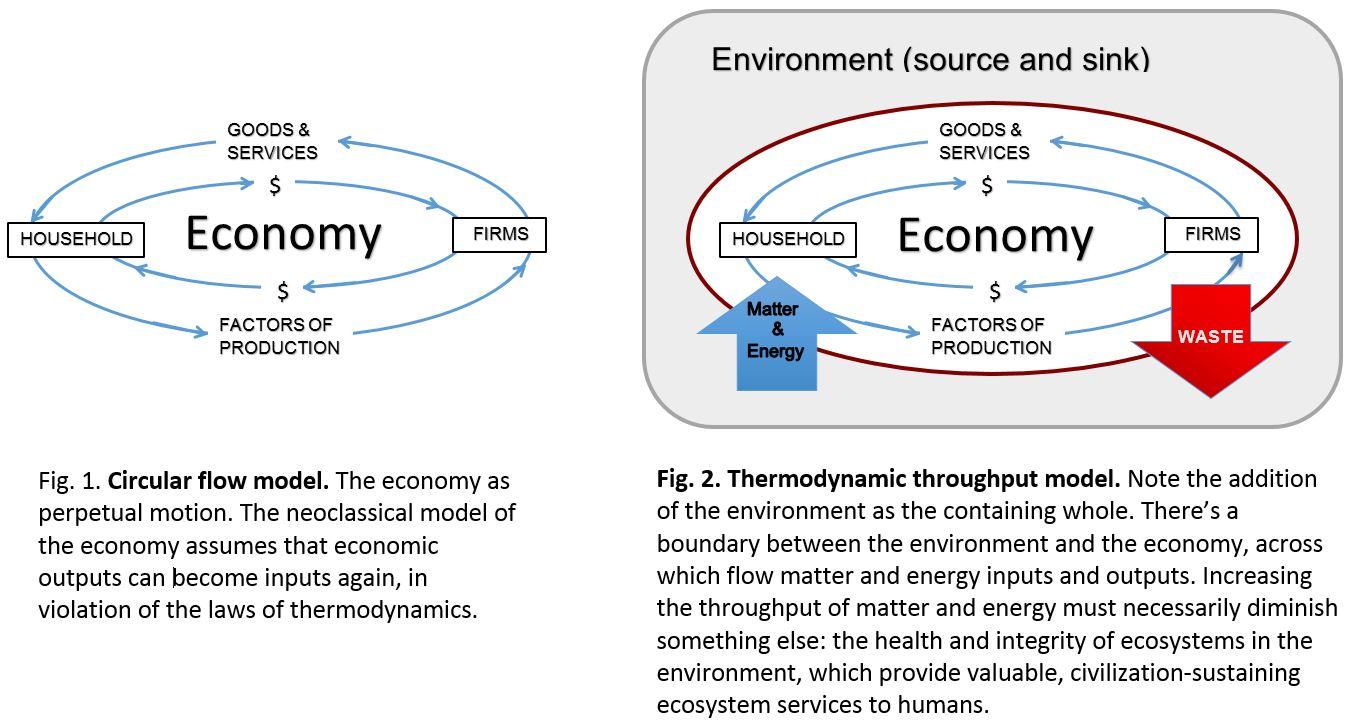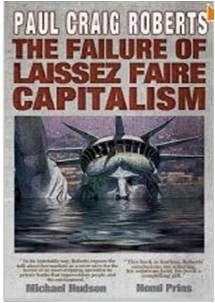How Steady-State Principles Transcend Economics
by Sydney Lyman

Harry Styles’ new album may not be everyone’s cup of tea, but should that matter? (CC BY 3.0, itsloutual)
Being a 21-year-old college student, I eagerly awaited the arrival of Harry Styles’ third album for several months. When Harry’s House finally dropped on May 20, I wasn’t disappointed. The modern pop album was brimming with soft summer vibes and the dreamy influence of Fleetwood Mac. What’s not to love?
Well, The Washington Post’s Allison Stewart found many things she didn’t love, and closed out her searing review with this remark:
“Intended to be a mood, ‘Harry’s House’ is often good, always appealing, but infrequently interesting. It’s meant to be background music at a barbecue or summer pool party, but Styles is too good at what he does—and at too crucial a point in his career—for that to be enough.”
I was dumbfounded. It was clear Styles was doing what he loved and making the music he loved to create. Why isn’t that “enough”? Why is he expected to eclipse his past work with every new release? Why can’t a “different” album be just as valuable as a “better” one?
The Economy Isn’t Just the Economy
This query stuck with me for several weeks, and I soon found myself applying it to more than just Harry’s House. Why does society seem to value doing over being, self-interest over self-actualization, and quantitative growth over qualitative improvement?
Then it hit me: “It’s the economic mindset, stupid.”
In a 2017 study, researchers at Warwick University concluded that “economics not only develops generalizations about individual behavior, but also shapes the behavior of those individuals who apply its principles and are thereby guided by its values.” When we consider the chokehold neoclassical economics maintains over the Western world, it’s no surprise that excessive self-interest, power, restlessness, and heedless growth are prioritized in all facets of life.
This realization generated a new query: What are the axiological consequences of an economic system? How has our relentless pursuit of growth distorted human values, and what effect might transitioning to a steady state economy have on redefining our cultural values? Might it produce a more sustainable mindset that extends beyond the economy and into our daily lives?
The Origins of Our Distorted Values
Homo economicus, or economic man, is a model of human behavior used in economics that depicts humans as routinely rational beings in pursuit of self-interest above all else. As such, economic man is driven by consumption, competition, utility maximization, and the mere prospect of growth.

Having a “side hustle” beyond the normal nine-to-five has become a staple of our growth-obsessed culture. (CC BY-NC 2.0, Chris Guillebeau)
Sound familiar?
The hustle and self-help cultures are of particular relevance here. The neoclassical idea that “growth is always good and necessary” has created priorities within our culture that reinforce this dogma. Having multiple streams of income, boasting about having no leisure time, and perpetual and purposeless self-criticism are now common staples of Western culture.
The economic system we find ourselves in today flawlessly embodies the values of Homo economicus. Mainstream economics is a greed-oriented system, steeped in lower self-centered motivations like security and base self-esteem. It’s further characterized by hyper-individualism, inequality, instability, and the exploitation of people and planet for the sake of growth.
Traced back to the neoclassical paradigm, these consequences have far surpassed the confines of the economy; they’re evident everywhere, infecting culture and shaping our behavior, worldviews, and perceptions of value. Nowadays, if you don’t have two or three side hustles along with your full-time job, you’re not working hard enough. If you don’t start selling the products of your beloved hobby online, why bother with it at all? If you’re not actively working toward a promotion, what are you doing? If the company misses the quarterly estimate, it’s time to pack up and sell. If Harry’s House isn’t better than Fine Line, it’s “not enough.”
Today, this is gospel. But a crisis of faith is fast approaching.
Quality Over Quantity
Any society transitioning to a steady state economy will require many changes: a stable population, income floors and ceilings, and (hopefully) full and sustainable employment, among other things. But what influence might a steady state economy have on the more abstract elements of society? If the neoclassical dogma can turn us into growth-obsessed hedonists, what kind of person emerges from the steady-state paradigm?
A “steady-state society,” should it ever fully emerge, will be a society in which vertical development of the individual is prioritized over mere expansion of the enterprise in nearly every way. Members of such a community will seek to deepen personal relationships with their neighbors and planet, pursuing wisdom rather than power. The pursuit of self-actualization—or a state of acceptance, reflection, and appreciation after realizing one’s full potential—will guide our everyday decisions. While markets will likely still exist in a steady state economy, enlightened firms and responsible governments will prioritize the common good above generating profit. Ecological economics, as the dominant economic paradigm, will render Homo economicus extinct (at least endangered) in favor of a more compassionate and communal humanity.
In his book The Dismal Science, Harvard economist Stephen Marglin laments that “markets are the cutting edge of the loss of human connection.” Steady-state principles, on the other hand, embody connection. Connections are made and strengthened when people consciously decide to cooperate and collaborate for the sake of sustaining the welfare of society rather than compete for the sake of capturing evermore market share.
While arguably impossible in the hyper-individualistic and competitive economic system we have today, the cooperative qualities of a steady-state society lend themselves to fostering bonds of trust and mutual wellbeing. For example, the establishment of local currencies, in conjunction with steady-state intentions, creates small community-centric economies in which all actors are friends and neighbors. A survey of green dollar exchanges throughout New Zealand found that 62 percent of members thought “the exchange had improved their social networks or provided them with social benefits more generally.”
A steady-state society would also prioritize the common good over profit and growth. Imagine working for or buying from a company that is dedicated to limiting its ecological footprint, foregoing additional profits to do so. While this may become a widespread phenomenon only after the consequences of the profit motive are ubiquitously understood, some precedents are already in play. Companies like Patagonia and Cotopaxi are increasingly concerned and transparent about their ecological and social footprints, releasing annual reports on their impacts. Both companies also donate one percent of sales to philanthropy and restoration efforts; Patagonia has given a total of $140 million and Cotopaxi gave $1.6 million in 2021 alone.
Homo sapiens, the scientific name for we humans, translates to “wise man.” Yet wisdom, while treasured in many Indigenous cultures, is too often eclipsed by self-interest and material gain in Western culture. In contrast, wisdom will be strived for in steady-state societies, and even become an emergent property. We’ll finally begin to pursue self-actualization rather than excessive self-interest. We’ll become more concerned with how to learn and grow as wise human beings than with power, riches, and consumption.
System or Sentiment: Which Comes First?
I’ve argued that a significant change to our economic system will result in a meaningful change in our mindsets. However, the opposite may be equally true and more likely. Perhaps society must first adopt a steady-state mindset in the face of neoclassical domination to create systemic change.
Grassroots organizing was the key to revolutions like the women’s suffrage and civil rights movements. Similarly, we may not be able to rely on powerful leaders to commit to steady statesmanship out of the goodness of their own hearts. A bottom-up transition may be required, beginning with a steady-state mindset at the sociopolitical base, to achieve a steady state economy.

A rich history of successful grassroots movements sets an important precedent for the steady-state casuse. (CC BY-NC-SA 2.0, Barack Obama)
Stories may be one of the most meaningful ways to cultivate this mindset, as they make deep and lasting impressions on the human mind. Reflecting on our shared experiences of having profit and growth prioritized over equality and wellbeing will surely strengthen our resolve to effect vital change. For example, former director of a private equity firm, Robbie Abed laments that his company “grew obsessed with profit,” which resulted in a focus “on numbers instead of new ideas” and the draining of the company’s best resources; now, he sees the value in placing people over the company’s bottom line.
Stories can make a crucial impression on those with power, too. Philosopher Richard Rorty developed this idea in his essay “Human Rights, Rationality, and Sentimentality,” suggesting that sad and sentimental stories have a far greater ability to motivate people than does reason. “Such stories…have induced us, the rich, safe, powerful, people, to tolerate, and even to cherish, powerless people,” he wrote. If people can’t accept the need for a steady state economy based entirely on reason, like natural resource limits and the unsustainability of growth, then sentimental stories may provide the additional fodder required for acceptance.
A little sentimentality would help take the edge off today’s hypercriticality, easing tensions and bringing harmony. If Harry’s House isn’t better than Fine Line, it’s still a beautiful album full of two years’ worth of creativity and devotion. We might even find Harry’s House to be emblematic of a steady-state mindset.
 Sydney Lyman is a summer 2022 journalism intern at CASSE.
Sydney Lyman is a summer 2022 journalism intern at CASSE.









Thank You Sydney Lyman for July 7, 2022 piece, ‘How Steady-State Principles Transcend Economics’ An inspiring and informative.
Writing from Australia though, I remain puzzled as to why you haven’t dropped in any reference to the excellent corporations-change initiative in the US and globally, B Corps/B Lab. I find that what emerges from that program to be four-square in line with your views. If maybe not as defined as de-growth to a steady state economics, nevertheless its pathways are compatible with your approach. The business world, while showing a few signs of moving in your direction, needs a coordinated from similar/simpatico initiatives to encourage it to get a move-on to change. For your information, a very valuable text exists which will show you just what the worth of the B Corp initiative is: Sydney Academic, Jane Gleeson-White’s “Six Capitals – capitalism, climate change and the accounting revolution that can save the planet” (Allen & Unwin, 2020.)
Best wishes.
Hi Angelo,
Thank you for reminding me about the B Corp movement! The companies I mentioned, Patagonia and Cotopaxi, are both certified B Corps, but you’re right — I neglected to mention this fact specifically and go into more detail about the movement. Like you said, B Corps don’t have de-growth as one of their goals, but their mission statement is certainly in line with the mindset change I laid out in this article. Thank you for mentioning “Six Capitals” as well, it sounds like a very informative read that I will definitely put on my list. Thanks for your response!
Brilliant post. Institutional Economics is about changing the rules of the game. Mainstream economics desperately needs to change. On one hand by recognizing reality instead of beginning with assumptions. Economics without physics is nonsense. So Biophysical economics and Ecological Economics, a new paradigm for economic theory to start from. And this past outlines the other side of the scientific revolution needed in Econ. Recognition that we are social animals and without a moral framework better than mindless growth and self-interest, the economy will fail. By the way, another institution that desperately needs to change is the Catholic Church. Their stance on birth control and abortion asks for endless population growth. That doesn’t work on a finite planet. With population declining (completely feasible, already fact in Japan and Europe), an economy of sharing and abundance becomes possible. With population growth, eventually people end up selling their children to get money to survive.
Hi Max,
I love how you said “changing the rules of the game,” that’s a fantastic framing device for this mindset shift! Like you said, it is bizarre that mainstream economics has developed in such a way that it ignores not just real human nature, but also basic physics.
I also appreciate your point about the Catholic church, and I’d go so far as to say that most (namely Western) religions have major incompatibilities with a steady state mindset and economic system. I was raised in the Mormon church, and while their stance on abortion and procreation are very similar to the Catholic church, the Mormon church’s history is also severely intertwined with capitalism and excessive self-reliance. There are so many different niches of society needing to adopt a new mindset — certainly not just the economists! Thanks for your response!
Superb article. I elaborate on one quote; “Perhaps society must first adopt a steady-state mindset in the face of neoclassical domination to create systemic change.”
I’m not sure which comes “first” but I do believe that steady economists, specialists and eventually policy makers will need to be bolstered and nurtured by a “critical mass” of what I call “steady state way-of-lifers”. This is my dedicated avocation, and I am inspired to continue on this path by Sydney Lyman.
Hi Max,
Thank you so much for the praise! I absolutely love your term “steady state way-of-lifers,” and I agree that people dedicated to this way of life will be key to spreading the message of likeminded economists and policy makers. Thanks for your response!
Dang, you are wise beyond your years, Sydney. All I can add is that living life along principles broadly supportive of a steady state economy leads to becoming a happier person. I can say that from experience.